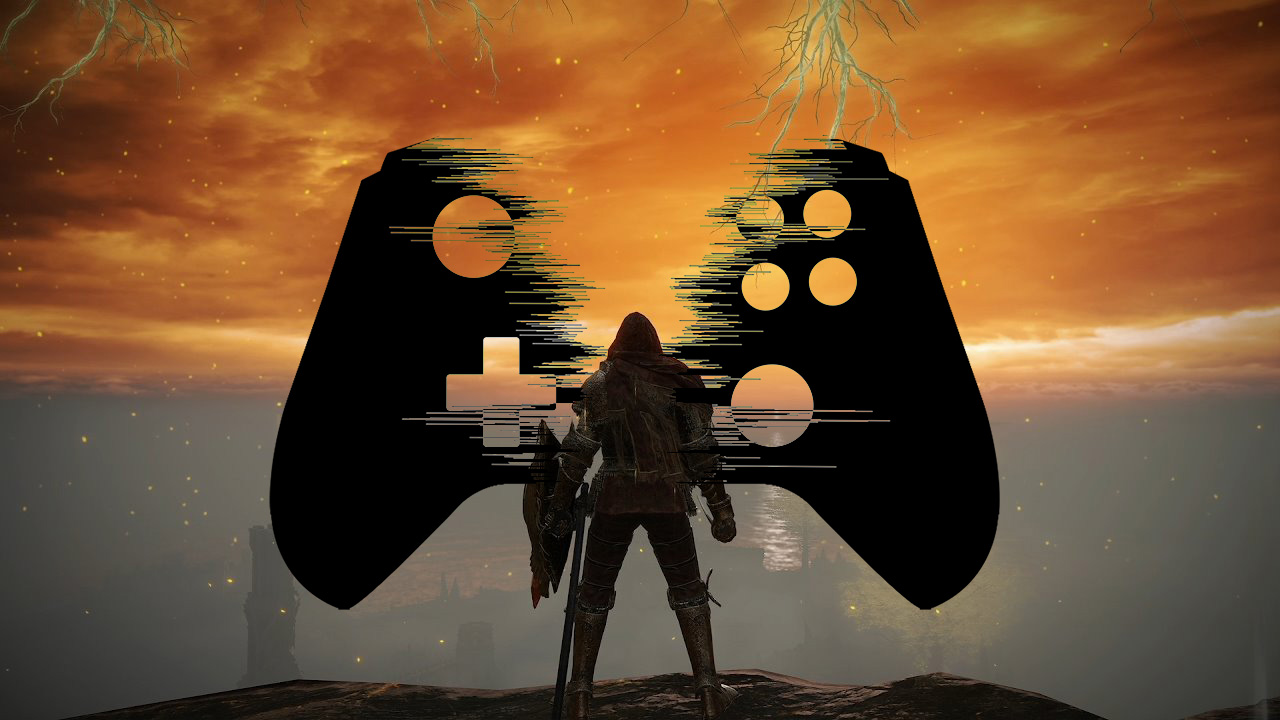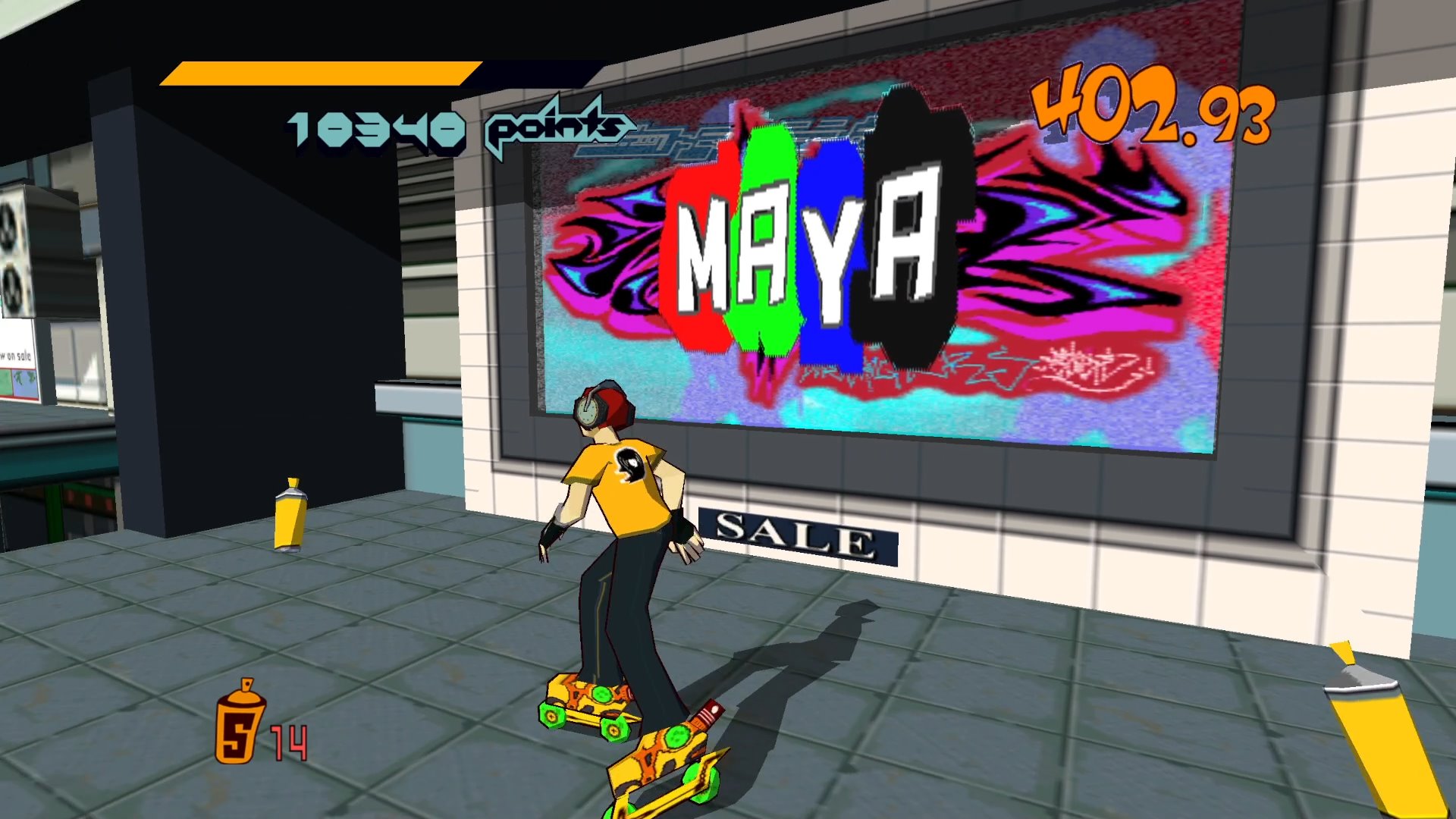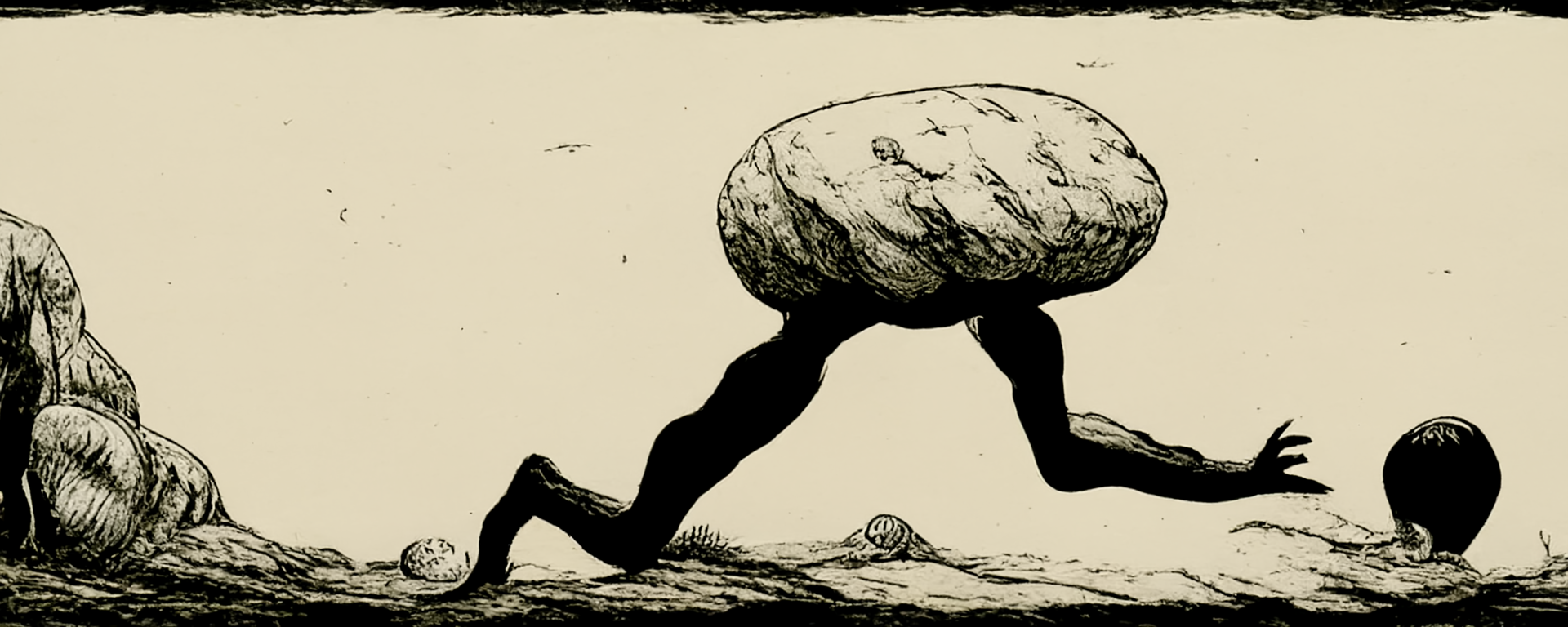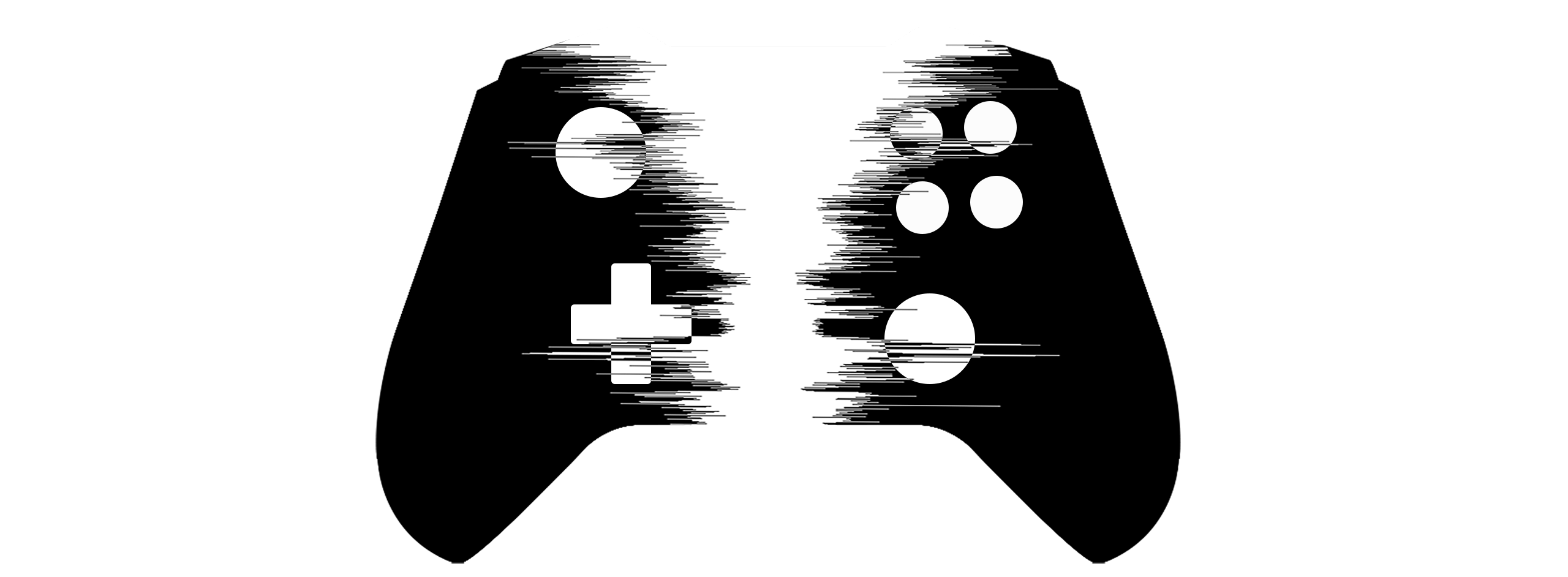Dying On The Plateau

I didn’t grow up with video games. My friends and I grew up in games. Games were the medium we expressed ourselves in, they were how we built friendships, how we self-identified and settled into peer groups. Asking us to consider how gaming as a whole has shaped our lives is like asking us how our lungs oxygenate our blood.
We don’t know. We don’t care. We just keep breathing in and out.

That said, the last decade has brought with it earnest progress in the study of game design as a discipline. We are in the process of building the language to discuss games and today, we are much more likely to center the human playing the game than the game itself.
This is a sign of healthy self-awareness. But as with any healthy introspection, this comes with a necessary reckoning with how these experiences have helped shape our attitudes and expectations in life.
A common term used to describe the experience of playing games is the ‘flow state’ - “an optimal mental state characterized by deep absorption during challenging tasks”. While this state is observable in other areas of life, both professionally and recreationally, it is perhaps the purest distillation of what the experience of playing a good game is “supposed” to be.

Achieving this flow state is a careful balance of designing games that are exactly difficult enough to fully engage and challenge the player without dipping into frustration or boredom. The best game designers know how to dance along this razor’s edge, a tango made infinitely more complex when you must account for players of wildly different skill levels and experiences.
Virtually every game offers some form of challenge for the player to overcome - a sort of meta-theme every player has internalized. Games are designed to be beaten, and eking out a victory that feels earned and meaningful in the context of that game’s world can bring us a sense of satisfaction, joy, and even a glimmer of self-efficacy in a world designed to make us feel insignificant. We’ve raised, and are raising a generation of kids primed to tackle challenges in innovative ways, think on their feet, work together as part of a team, and believe in their ability to practice and master skills.
This perpetual state of challenge evokes the Greek tragedy of Sisyphus, a man who angered the gods and was condemned to eternally push a boulder up a hill only to watch it roll back into the depths.

Sisyphus, by the nature of eternity, is shouldering the burden of that boulder today. It is surely a task he finds himself deeply absorbed in and challenged by. Is he in a flow state now, the same as we are? Like him, we are held suspended in time by this confluence of tension and determination.
Where our experience of the flow state diverges from his futility is in the plateau.
Remember that flow state diagram from earlier? Here’s the problem. That line plateaus. Sooner or later you find the 120th star, you can’t keep up on the leaderboards, and you’ve optimized your farm for maximum profit and marriage potential.
The problem is mastery. No matter how challenging the game is, the challenge is finite. And we devour this sensation of mastery. No-hit runs of Elden Ring, galaxy braining every puzzle in the Talos Principle, drifting every corner at 200cc, the pacifist run of Undertale, one-cycling the raid boss etc. Short of giving up you will always find yourself slipping into the peaceful ennui of the 89th Starfox 64 run where you know where every enemy will be and how you can save every ally from harm.

I’ve spent most of my life chasing that plateau. Never content with where I was, I pursued mastery not for its own sake, but so that I would never be challenged again. For a long time I thought I’d find the plateau after high school. Then after I fell in love. Then after I found a good career. Or maybe after I got my next promotion, bought a house, finalized my divorce, retired. Maybe I’ll reach the plateau when I’ve died and there’s nothing left to master.
I lived only to reach my plateau. Maybe when I do I’ll know where every enemy will be, and I can save every ally from harm.
Sisyphus and I will never reach our plateau. Instead, we inevitably lose our footing, and watch our boulder roll back down into Tartarus. French philosopher Albert Camus wrote at length on the brief moment when momentum shifts and gravity pulls apart our progress.
“It is during that return, that pause, that Sisyphus interests me … That hour, like a breathing space which returns as surely as his suffering, that is the hour of consciousness. At each of those moments when he leaves the heights and gradually sinks toward the lairs of the gods, he is superior to his fate. He is stronger than his rock.”

Undeniably, games hone our ability to master a collection of skills as varied as the incredible minds that design them. They teach us to congratulate ourselves on successes, and how to find comfort in learning from our mistakes. But they can also teach us that all challenges are finite, and that all challenges are designed to be overcome. Through the repeated process of mastery, we understandably expect to become masters.
And that’s not really how life works. Some challenges you aren’t ready for, and some failures have no lesson. Some challenges you wake up with every day, no matter what you do to overcome them. Some challenges will outlive you.
Our boulders will always roll downhill. And we will always chase after them.
So as Albert Camus said, “One must imagine Sisyphus happy.”
